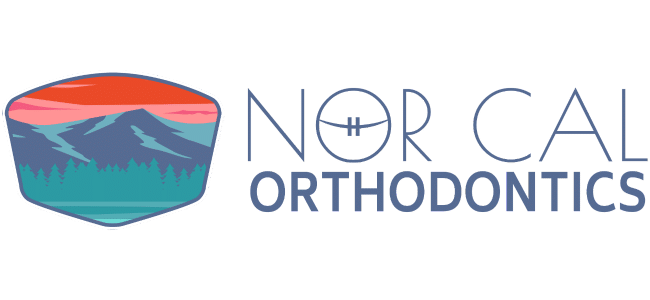Welcome to Nor Cal Orthodontics: Your TMJ-TMD Solutions
At Nor Cal Orthodontics, we understand the impact Temporomandibular Joint Disorder (TMJ-TMD) can have on your daily life. Our dedicated team is here to provide comprehensive solutions, blending expertise in orthodontics with a focus on addressing TMJ-TMD to bring you relief and a path to lasting oral health.
What is TMJ-TMD?
Temporomandibular Joint Disorder, commonly referred to as TMJ-TMD, involves dysfunction or pain in the temporomandibular joint and the surrounding muscles. Symptoms may include jaw pain, headaches, difficulty chewing, and a clicking or popping sound when opening or closing the mouth. At Nor Cal Orthodontics, we recognize the intricate relationship between the jaw, teeth, and facial muscles, and we specialize in diagnosing and treating TMJ-TMD to enhance your overall well-being.
Contact Us
- 8035 Madison Ave. #C Citrus Heights, CA 95160
- (916) 965-8026
- 09:00 AM - 10:00 PM
- frontdesk@talbotortho.com

Our experienced orthodontists conduct a thorough evaluation to diagnose TMJ-TMD accurately. Understanding the unique aspects of your case is the first step toward developing a tailored treatment plan.

Customized Treatment Plans
No two cases of TMJ-TMD are the same. We create personalized treatment plans to address the specific needs of each patient, utilizing advanced orthodontic techniques to alleviate symptoms and improve jaw function.

Orthodontic Intervention
Orthodontic treatments can play a crucial role in correcting misalignments contributing to TMJ-TMD. By enhancing the alignment of your teeth and jaws, we aim to reduce strain on the temporomandibular joint.
Common TMJ-TMD Treatments at Nor Cal Orthodontics
- Specially designed orthodontic appliances can help reposition the jaw, alleviate muscle tension, and provide relief from TMJ-TMD symptoms.
- Orthodontic treatments may involve adjustments to correct misalignments that contribute to TMJ-TMD. This can include bite corrections and other orthodontic interventions.
- In complex cases, we collaborate with other dental specialists to provide a comprehensive approach to TMJ-TMD care, ensuring you receive the best possible treatment.
Commonly Asked Questions
No. As a courtesy to you and your family dentist, we will always discuss the feasibility of braces or tooth straightening without charging a fee for the initial consultation.
If you have insurance, we will help you to determine the coverage you have available. We ask that you assign your insurance benefit to us. The balance will be arranged for you to pay (see above).
Professional care is provided to you, our patient, and not to an insurance company. Thus, the insurance company is responsible to the patient and the patient is responsible to the doctor. We will help in every way we can in filing your claim and handling insurance questions from our office on your behalf.
The cost of treatment depends on the severity of the patient’s problem. You will be able to discuss fees and payment options before treatment begins. We have payment plans to suit different budgets, including a no initial payment option. We also accept assignment from most insurance plans, and file the necessary papers to the insurance company. We work hard to make orthodontics affordable.
- Pain in the jaw area
- Pain, ringing, or stuffiness in the ears
- Frequent headaches or neck aches
- Clicking or popping sound when the jaw moves
- Muscle spasms in the jaw area
- A change in the alignment of top and bottom teeth
- Locked jaw or limited opening of the mouth
If you notice that you are experiencing any of these symptoms, let your doctor know at your next appointment. Your doctor can help determine if you have TMD and create a customized treatment plan to help relieve your symptoms.
Not all jaw pain is associated with TMD.
If you feel that you might have TMD, it is always important to see your dentist and receive an exam. However, not all jaw pain is associated with TMD, and if you do not have TMD there are many different preventive steps you can take to maintain a healthy, strong smile.
- Relax your face — “Lips together, teeth apart”
- Avoid grinding your teeth
- Avoid all gum chewing
- Don’t cradle the phone receiver between your head and shoulder — either use a headset or hold the receiver to your ear
- Chew food evenly on both sides of your mouth
- Do not sit with your chin rested on your hand
- Practice good posture — keep your head up, back straight, and shoulders squared
Many people get TMD without ever having braces. Symptoms usually wax and wane regardless of whether braces are worn. If you are experiencing any of the symptoms listed above and are concerned that you’re a candidate for TMD treatment, please contact our office for a consultation.

